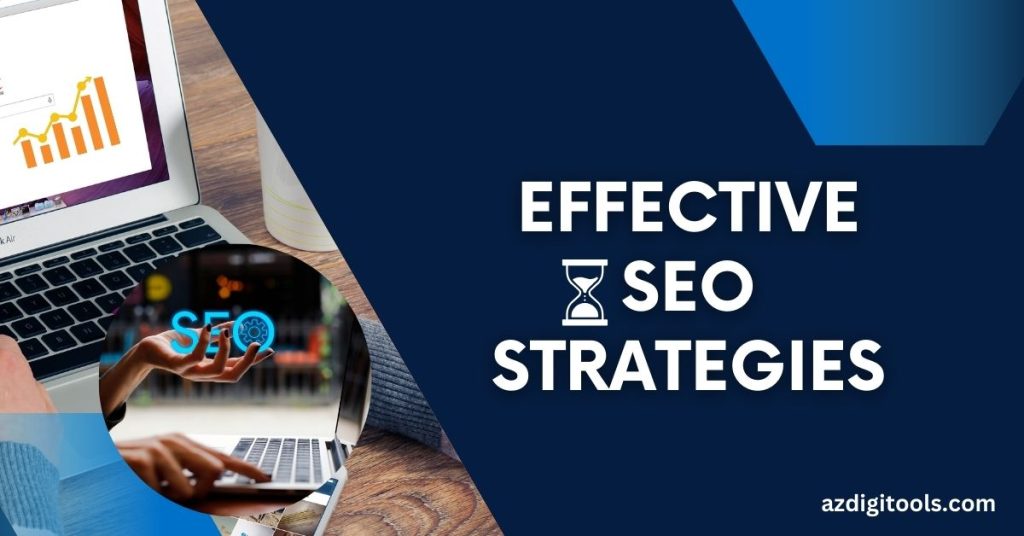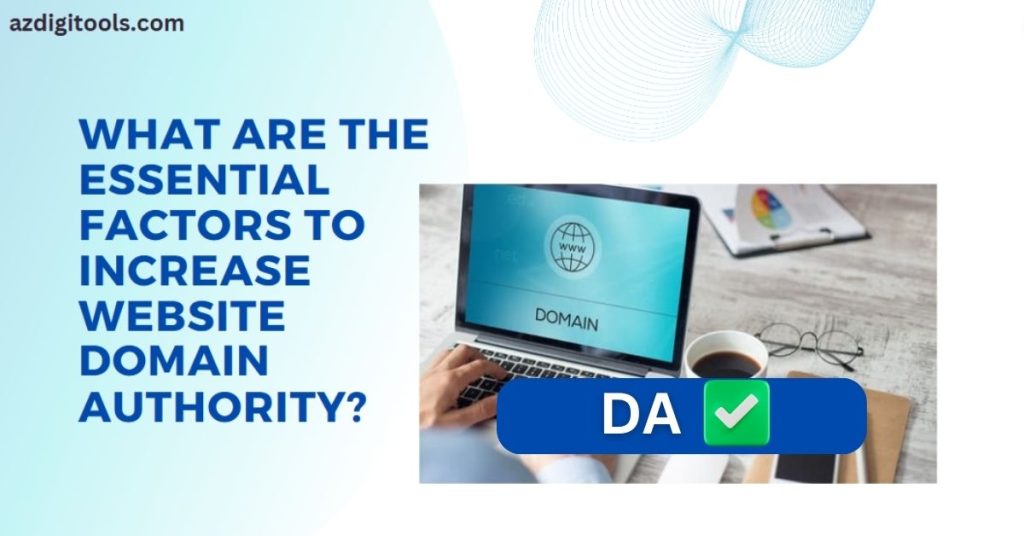
In this competitive digital world, having a strong online presence is crucial for any business. But navigating the vast expanse of the internet can be daunting. Search engine optimization (SEO) is your key to unlocking the potential of your website and attracting high-quality leads.
Understanding SEO
SEO stands for search engine optimization. It refers to the practice of optimizing your website and its content to achieve a higher rank in search engine results pages (SERPs). When users search for keywords related to your products or services, your website appears prominently, attracting organic traffic and valuable customers.
But SEO goes beyond just ranking higher. It’s about understanding how search engines work, identifying user intent, and delivering the information they seek in a user-friendly format. This holistic approach is crucial for building a successful online brand.
Key Components of SEO
SEO can be divided into three key components:
1. On-Page Optimization: This involves optimizing your website content and design to improve user experience and search engine ranking. This includes:
- Keyword research and targeting: Identifying relevant keywords users search for and incorporating them naturally into your content.
- Content optimization: Creating high-quality, informative, and engaging content that addresses user needs.
- Meta tags and descriptions: Crafting compelling meta descriptions and title tags that entice users to attract your website.
- URL structure: Ensuring clear and concise URLs that are quiet readable and understandable.
- User experience and website design: Optimizing your website for speed, mobile responsiveness, and ease of navigation.
2. Off-Page Optimization: This focuses on strategies outside your website that improve your website’s authority and credibility in the eyes of search engines. This includes:
- Link building: Acquiring high-quality backlinks from relevant websites to signal your website’s importance.
- Social media signals: Leveraging social media platforms to promote your content and build brand awareness.
- Local SEO optimization: Optimizing your website for local searches if your business has a physical location.
- Online reputation management: Actively managing your online reputation by addressing negative reviews and promoting positive feedback.
3. Technical SEO: This involves making sure your website is technically sound and accessible to search engine crawlers. This includes:
- Website speed and performance: Ensuring your website loads quickly and delivers a smooth user experience.
- Mobile optimization: Optimizing your website for all devices, especially mobile phones.
- URL canonicalization: Preventing duplicate content issues by specifying the preferred version of a URL.
- XML sitemap creation: Providing a sitemap to search engines to help them crawl and index your website efficiently.
- Robots.txt files: Informing search engines which pages they can and cannot access on your website.
Unlocking Business Growth with SEO
By implementing effective SEO strategies, businesses can unlock a wealth of benefits. These include:
- Increased Organic Visibility: Appearing higher in search results for relevant keywords leads to generate more website traffic.
- Targeted Website Traffic: Attracting users actively searching for products or services you offer.
- Improved User Experience: Creating a user-friendly website increases customer engagement and satisfaction.
- Enhanced Brand Credibility and Recognition: High search ranking builds trust and strengthens your brand image.
- Higher Conversion Rates and ROI: Converting website visitors into leads and customers improves your bottom line.
- Competitive Advantage in the Digital Marketplace: Standing out from competitors and capturing a larger market share.
Building Your SEO Strategy

Here are some steps to take to start building your SEO strategy:
- Research keywords and competitors: Understand what users are searching for and analyze competitor strategies.
- Create high-quality, optimized content: Develop informative and engaging content targeting relevant keywords.
- Build quality backlinks: Focus on acquiring links from relevant and authoritative websites.
- Utilize social media for SEO: Share your content on social media platforms and engage with your audience.
- Optimize for local searches: Claim your local business listings and optimize your website for local keywords.
- Monitor and analyze SEO performance: Track your website’s progress and make adjustments based on data insights.
Final Words
Investing in SEO is an investment in your business’s future success. By understanding the key components and implementing effective strategies, you can unlock a gateway to organic traffic, qualified leads, and ultimately, sustainable growth. Take control of your online presence and witness the transformative power of SEO!





